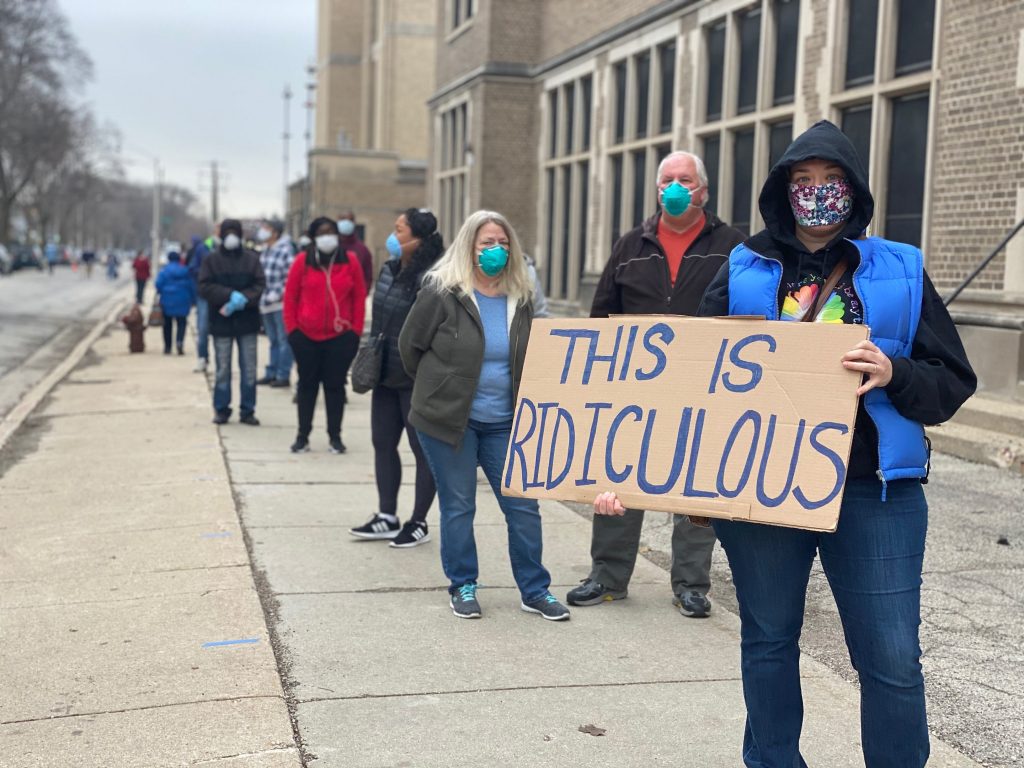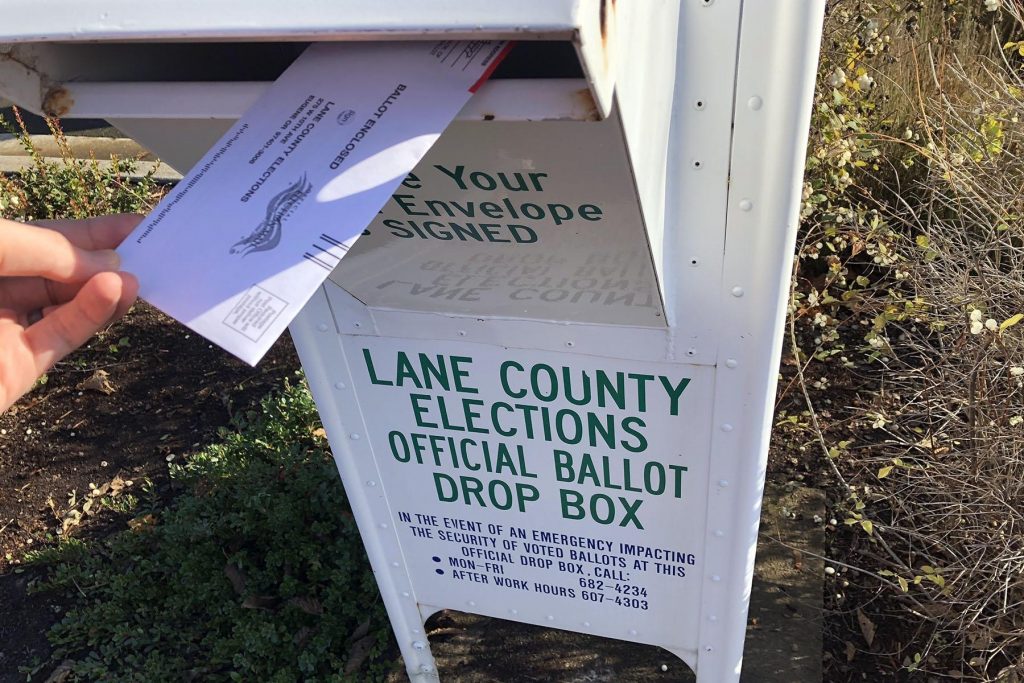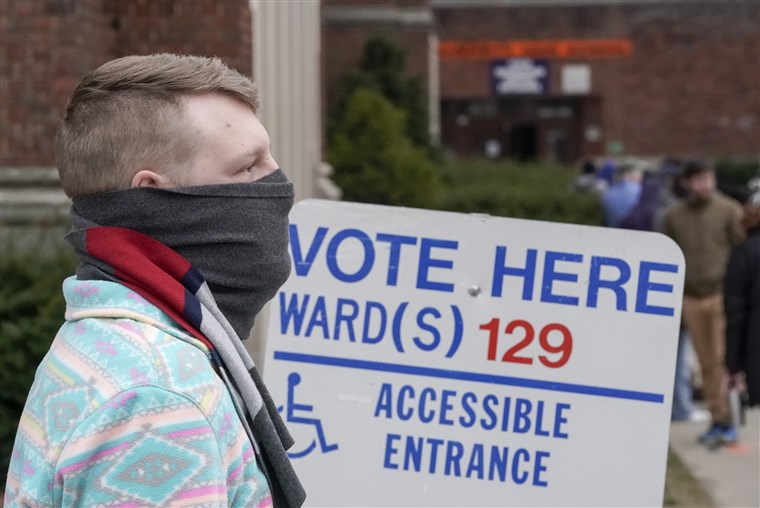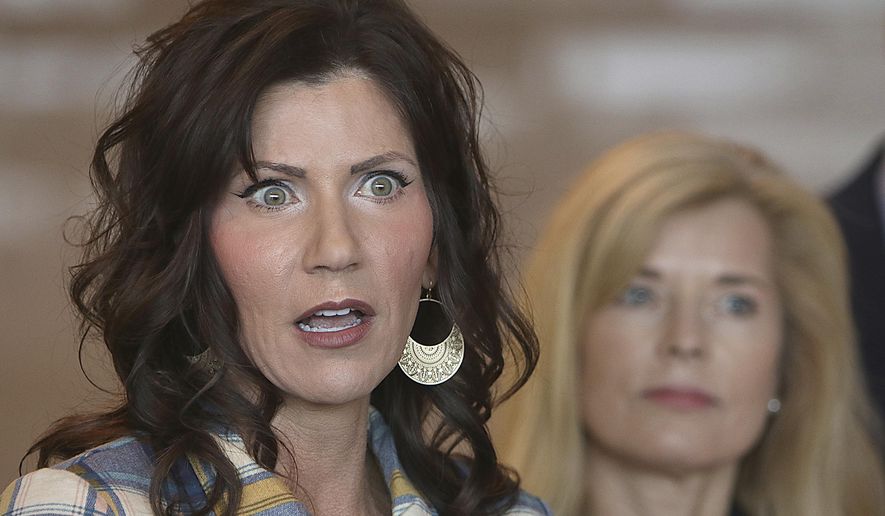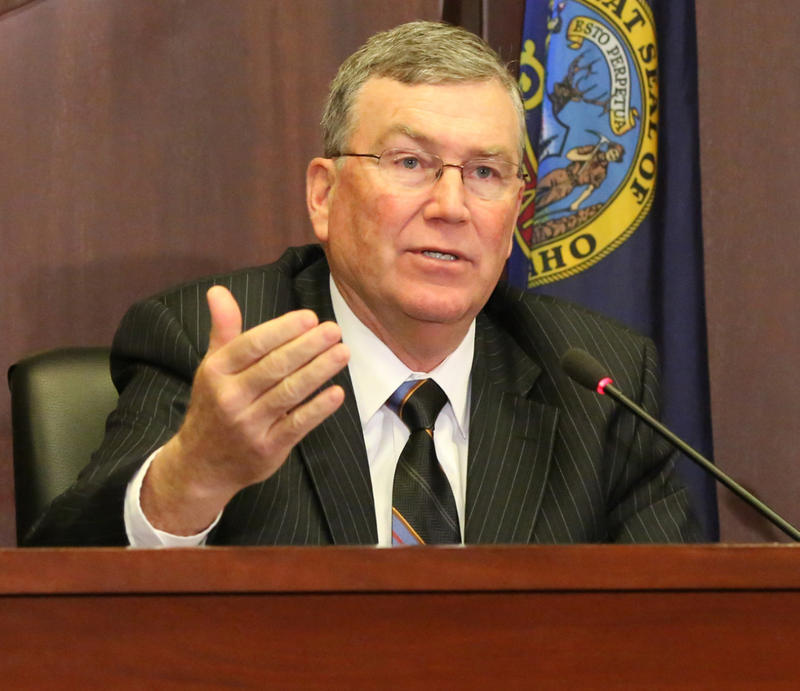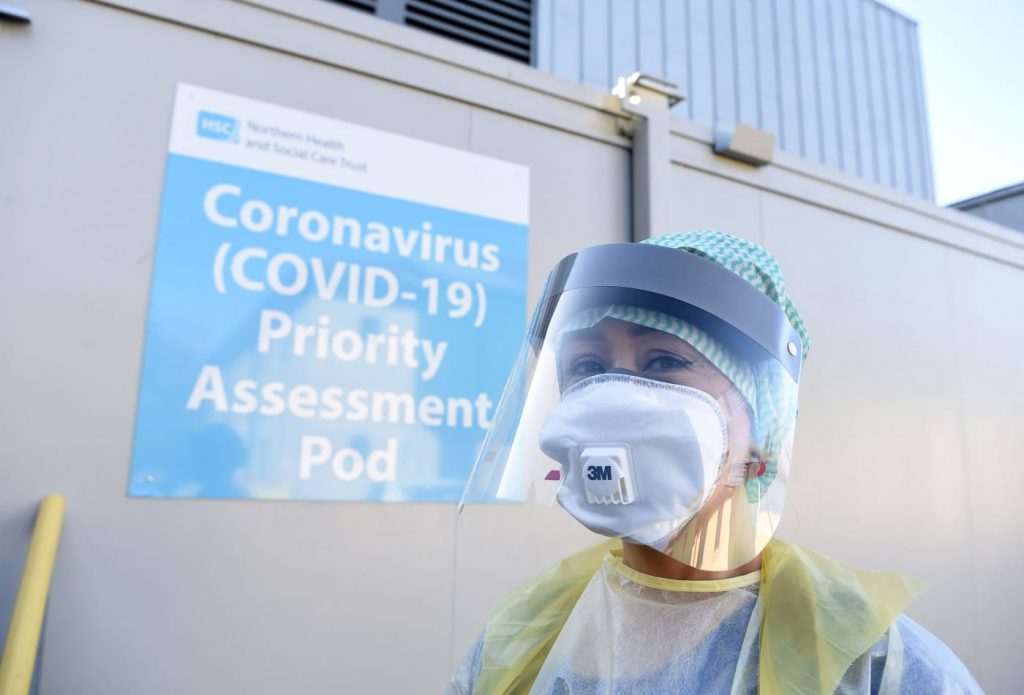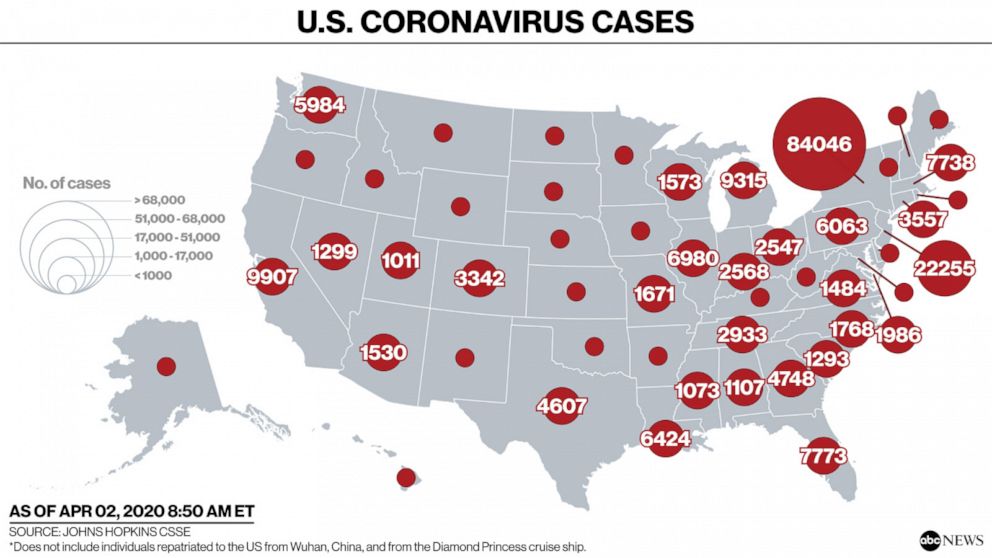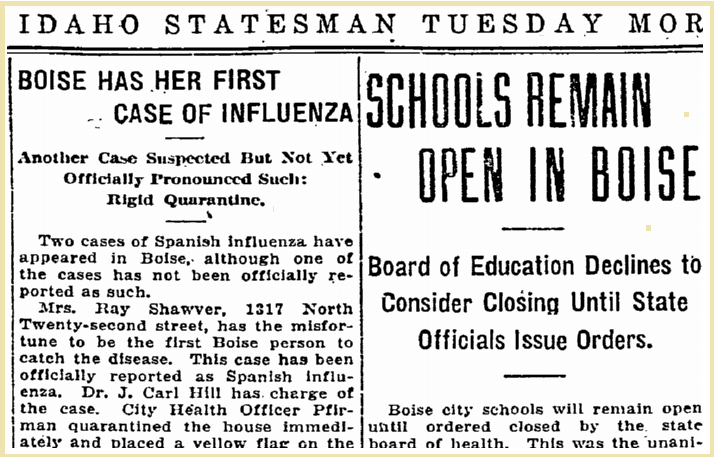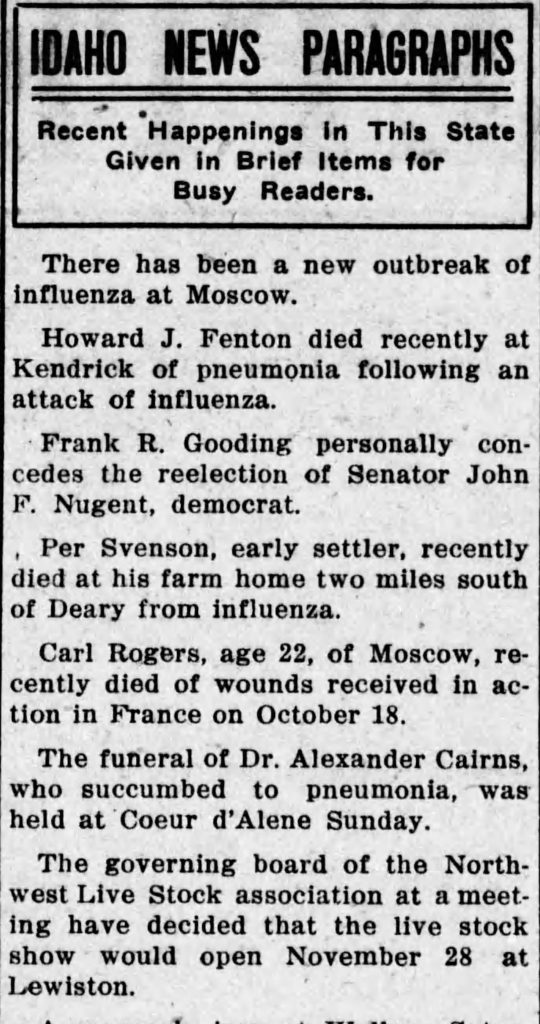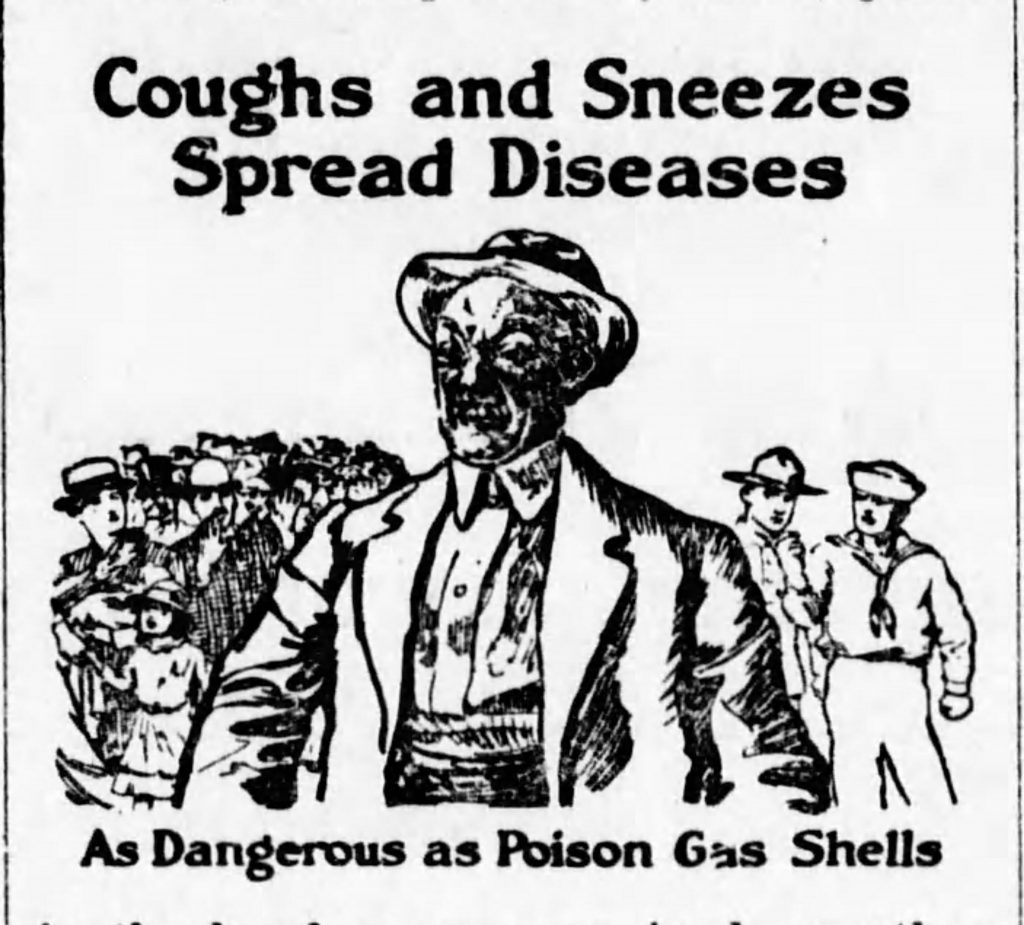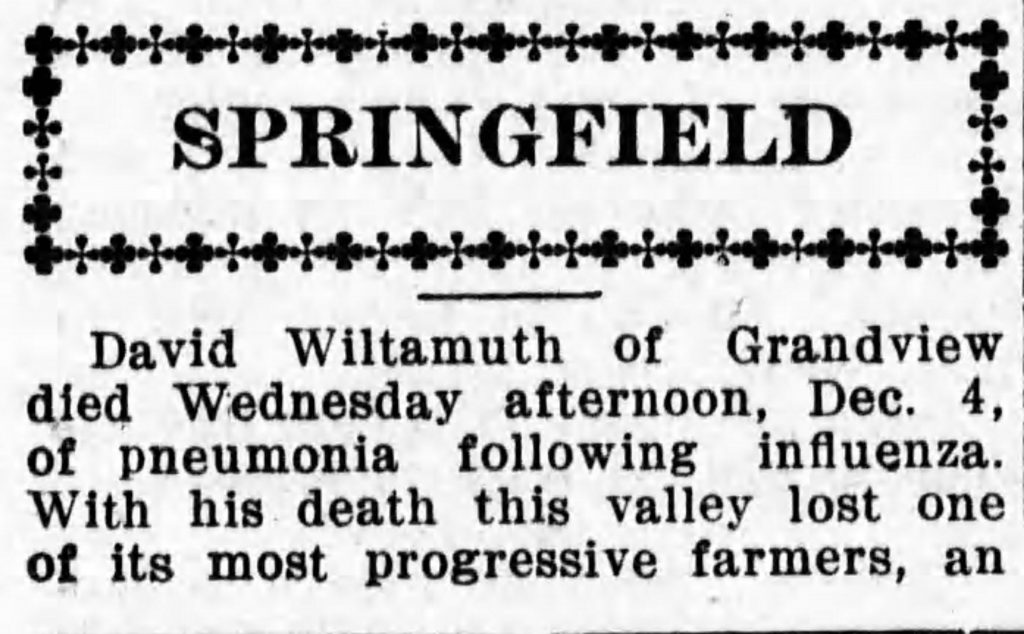Over the last six weeks Congress has appropriated $3 trillion to ease the impact of the COVID-19 pandemic. This is by far the largest financial effort to prop up a faltering economy in American history. More spending is sure to come as the economic crisis worsens.
With millions losing jobs, widespread numbers of businesses small and large in danger of complete collapse and growing worry about the ripple effects on state and local governments, the historian Jill Lepore says there is typically some historic precedent we can relate to for moments of such enormous upheaval. But in the current moment Lepore says “there is no precedent for this.”
Who will get all that money? Will we even know who receives and who needs this kind of assistance? Will the watchdogs call out the abusers, and it’s inconceivable there will not be massive abuse? Who will provide accountability to an administration that has time and again proven its fundamental inability to handle the most basic tasks of running the government?

Already the relief effort has floundered in major potholes, with critical money to small business and many workers held up or disappeared. “The initial program,” as Bloomberg reported, “which launched April 3, was marred by delays and glitches after guidance on how to process loans wasn’t released until the night before, and many big banks weren’t ready to participate or held back until rules became clearer. Advocates complained that many small mom-and-pop shops were shut out as outrage built over larger, public companies and big chains getting funded” The follow up program was just as incompetently rolled out this week.
At the same time, well-connected political operators like big Trump donor Monty Bennett, a hotel operator, had no trouble navigating a process that left many small businesses frozen out. Bennett scored over $96 million in Paycheck Protection “loans,” even as his companies reported revenue last year of $2.2 billion and while Bennett pulled in compensation of $5.6 million, including a $2.3 million bonus.
In March, as the website Popular Information revealed, as the pandemic spun out of control Bennett’s companies were flush enough to pay $10 million in dividends to certain shareholders, including Bennett’s father.
Forbes reported that more than 70 publicly traded companies, including some outside of the U.S., received cash that it appears Congress intended to go to small businesses. Some like the deep pocketed owners of the Los Angeles Lakers basketball team have returned relief money after taking a public relations beating, but many others continue to hold the cash.
It is a massively complicated, hastily thrown together effort involving a half dozen federal agencies dispersing money, which after all – even if it is borrowed money or created out of thin air by the Federal Reserve – belongs to taxpayers. So who is watching over all this?
The answer, at least in part, is Idaho Senator Mike Crapo, the chairman of the Senate Banking Committee, and the man designated by the Senate majority as the point man to provide oversight of pandemic relief. It could be a career defining assignment for Crapo who is in his 22nd year in the Senate, operating mostly as a little noticed backbencher with an A+ rating from the National Rifle Association and a polished ability to stockpile campaign cash from the financial services sector.

Senate Banking Committee chair Mike Crapo (left) talks with the committee’s ranking Democrat Sherrod Brown of Ohio.
While Crapo will manage the Senate oversight other panels will oversee additional aspects of the relief efforts. But the Idahoan has a big stage if he cares to use it. Crapo’s committee, for example, will apparently hold hearings next week on Brian Miller, appointed by Donald Trump as the special Treasury Department inspector general. Miller got the call after the president said he would not be bound by a legal requirement that the new IG report directly to Congress if he is “unreasonably” blocked in seeking information.
Crapo has an opportunity to put a stamp of independence on oversight that is not only required by law, but necessary to see that these vast sums of money get where they are most needed. His initial response has been very Crapo-like, which is to say he has offered almost no signal as to how he will proceed. He might have said he will be a determined watchdog, exposing the truth and providing accountability wherever it leads, but he hasn’t. He might have insisted on the independence of the inspectors general. He won’t. He might have laid down a marker with the White House insisting that he will demand transparency. He hasn’t.
“Required information and reports will be posted on the Banking Committee’s website,” Crapo staffer Amanda Crutchfield told me in an email this week. “Senator Crapo will be holding hearings and requesting information as required by law, and as needed,” she added.
Crutchfield said Crapo declined comment about Miller’s nomination and had nothing to say about Trump dismissing another IG who was apparently seen by the White House as too independent. When I asked if Crapo had any view on whether the inspector general was “accountable to the executive branch or to Congress,” I received no reply.
An emergency like the one shaking the foundation of American society and the economy, “offers unparalleled opportunities for the coordinated looting of public coffers,” says Sarah Chayes, who has written extensively about how widespread corruption thrives when oversight and accountability lags or lapses under regimes that use turmoil to consolidate power and resist accountability.
“In the scramble, tested procedures are ignored and structures are disorganized,” Chayes says, and “exhausted decision makers, pressured to ‘do something,’ miss crucial details, even as quantities of cash are injected into the chaos.”
There is a historical parallel that Crapo could reference regarding his new responsibilities should he choose, uncharacteristically for him, independence over fealty to the Trump White House.
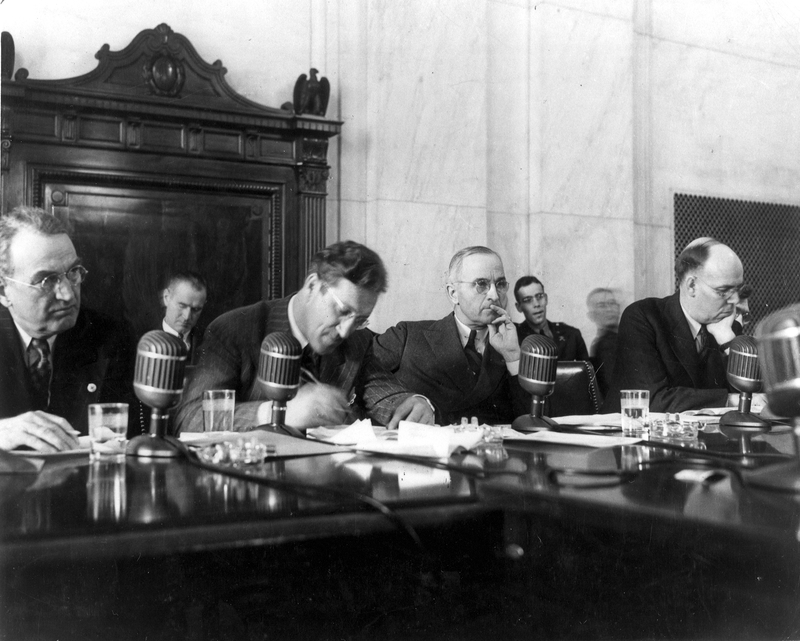
Senator Harry Truman (second from right) presides over what became known as “the Truman Committee,” while investigating corruption in the defense industry during World War II
Harry Truman, then a backbencher in the Senate, made his career by heading a committee that rooted out waste and profiteering in the defense industry during World War II. Senior military officials implored President Franklin Roosevelt in 1941 to oppose the congressional oversight Truman envisioned, figuring it would be trouble. It was. Truman exposed vast corruption with military housing contracts, uncovered contractors who were paid despite shoddy performance and he exposed the much hyped corporate “dollar a year men,” who volunteered to help the war effort, as mostly being useless.
Truman was a Democrat investigating a Democratic administration. He’s remembered today as a feisty fighter with a reputation for candor and independence. It’s a good model.
We’ll see soon enough how the senior senator from Idaho wants to be remembered.
—–0—–
Additional Readings:
- If you read nothing else – read this. New York Magazine’s Olivia Nuzzi (a great writer, by the way) went to a Donald Trump COVID-19 briefing at the White House and came away convinced that continued live TV coverage of the “5 o’clock follies” is essential. Many observers, of course, say the lie filled rants and wholesale misinformation is dangerous, but as she writes: “What a lot of Trump critics miss is that the biggest threat to his presidency isn’t the pandemic and the collapse of the global economy. It’s Trump. The more we see him — rambling, ranting, casually spitballing about bleach and sunlight — the clearer that becomes. But that’s not the media’s problem, and taking the spotlight off of him as he displays the full extent of his inadequacies would only serve to help him and to make the public less informed about what the federal government is doing — or not doing.” The whole piece is here and it’s very interesting.
- George Packer had another must read piece in The Atlantic. He argues that the United States is experiencing its third major crisis of the 21st Century and each has exposed the fact that we live in a failed state. The first crisis was 9-11, the second the Great Recession and now a pandemic. Each crisis tore at the credibility of our political system and here we are: “Both parties were slow to grasp how much credibility they’d lost,” Packer writes. “The coming politics was populist. Its harbinger wasn’t Barack Obama but Sarah Palin, the absurdly unready vice-presidential candidate who scorned expertise and reveled in celebrity. She was Donald Trump’s John the Baptist.”
- I originally missed Susan Glasser’s New Yorker article on Sarah Longwell, the NeverTrump conservative who is part of the Lincoln Project, a group working to defeat the president in November. It’s worth your time.
- And finally, since there is more to life than politics and pandemics here’s a review of the latest from Hilary Mantel – The Mirror and the Light – the third in her amazing series on Thomas Cromwell and lots of others.

